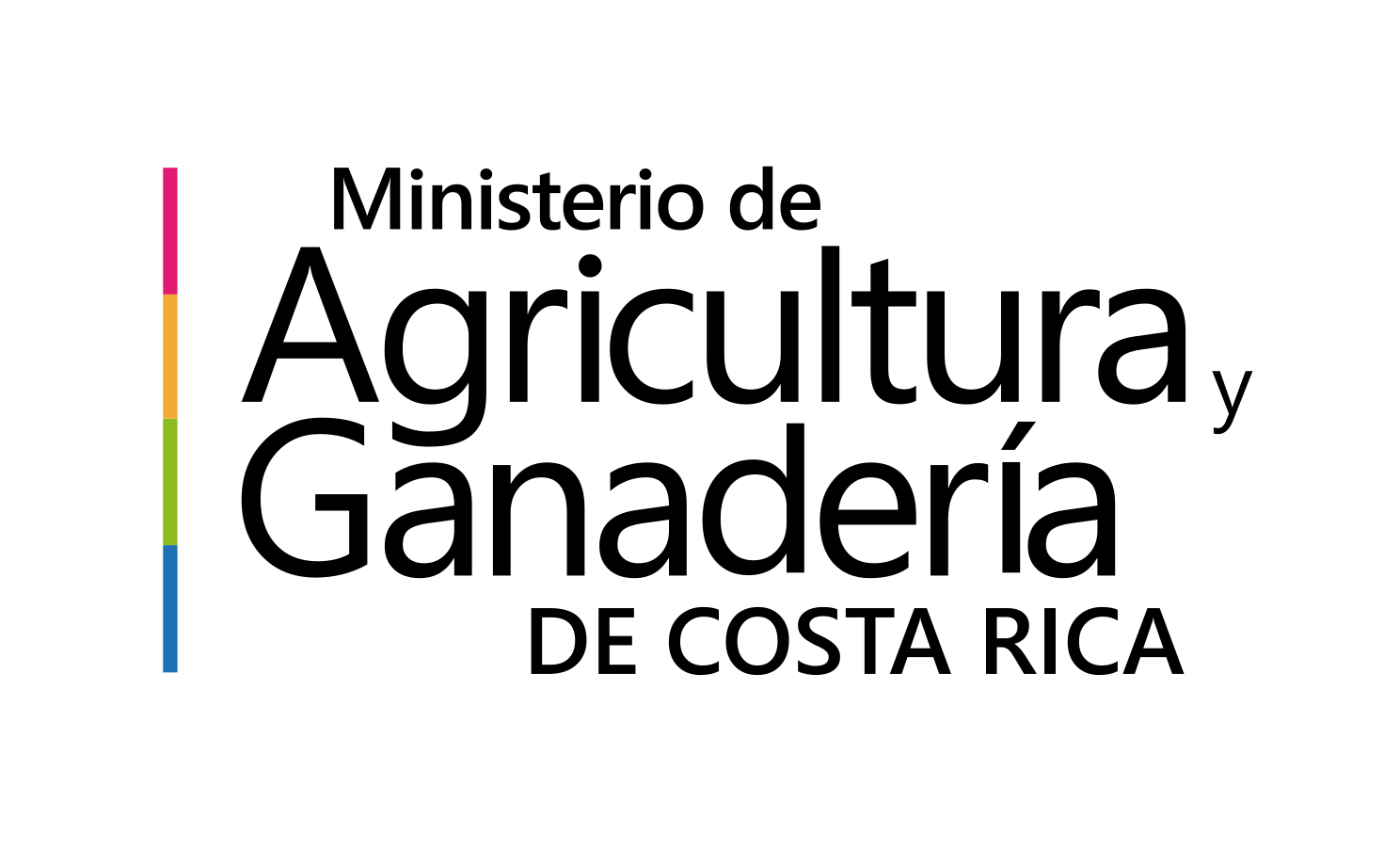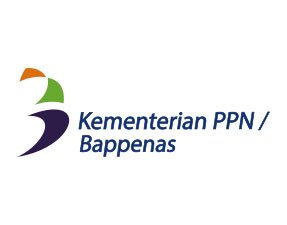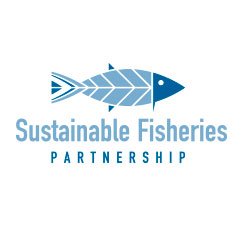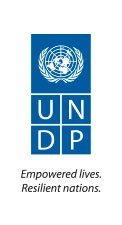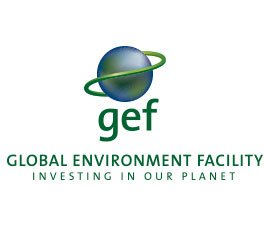Ejes estratégicos
El Proyecto Cadenas Mundiales Sostenibles de Productos de Mar contribuye a la transformación del mercado incorporando la sostenibilidad del recurso en la cadena de valor de los productos pesqueros. Para lograr este objetivo esta iniciativa trabaja en el fortalecimiento de políticas de compra sostenibles de los principales mercados mundiales. Además, de generar espacios diálogo multi sectoriales e implementar proyectos de mejora pesquera (FIP por sus siglas en inglés) bajo un modelo de gestión que fomenta la creación de alianzas publico-privadas.
Dialogue roundtables for sustainable fisheries
By adapting the methodology of the UNDP-Green Commodities Programme to the seafood value chain, the project designs Sustainable Marine Commodity Platforms and develops national capacities for effective co-management of target fisheries.
The national platforms bring together government, fishers, civil society, private sector and other key stakeholders in participatory dialogue to identify and tackle the root causes that impede the sustainable management of the targeted fisheries. Ultimately, the national platforms will support the adoption of National Action Plans to improve fishery management.
Lessons learned, new knowledge and best practices generated from the implementation of national platforms will be shared globally with the intention to encourage replication in other countries.
The project’s public-private partnership model for funding implementation of National Action Plans and FIPs has generated rich synergies among the industrial and artisanal sector, civil society, development partners and fishery management authorities.
Platform emphasis:
- National governance improvements.
- Public access to information.
- Effective law enforcement.
- Public-Private partnerships.
- Science-based decision-making processes.
- Link sustainable fisheries to international markets.
Opening doors to international markets
As consumers become increasingly aware of overfishing and poor labor practices in the fishing sector, the demand for seafood that is responsibly sourced is increasing in major international seafood markets (US, Europe, China and Japan).
To meet this demand, eco-labelling schemes (such as the Marine Stewardship Council [MSC] and International Fish Meal and Fish Oil Organization [IFFO]) provide consumer assurance that seafood products meet sustainability and social responsibility criteria.
The GMC project uses market-based tools to promote resource conservation. To improve the sustainability of the project´s targeted fisheries, the Sustainable Fisheries Partnership (SFP) facilitates the development of FIPs, promotes sustainable sourcing among major importers and retailers, and helps the fisheries gain access to international markets willing to pay premium for sustainable seafood products.
“Sustainable certifications ensure transparent practices, including making sure the catch is legal and the fishing methods will not quickly deplete the stock.” – Marine Stewardship Council.
